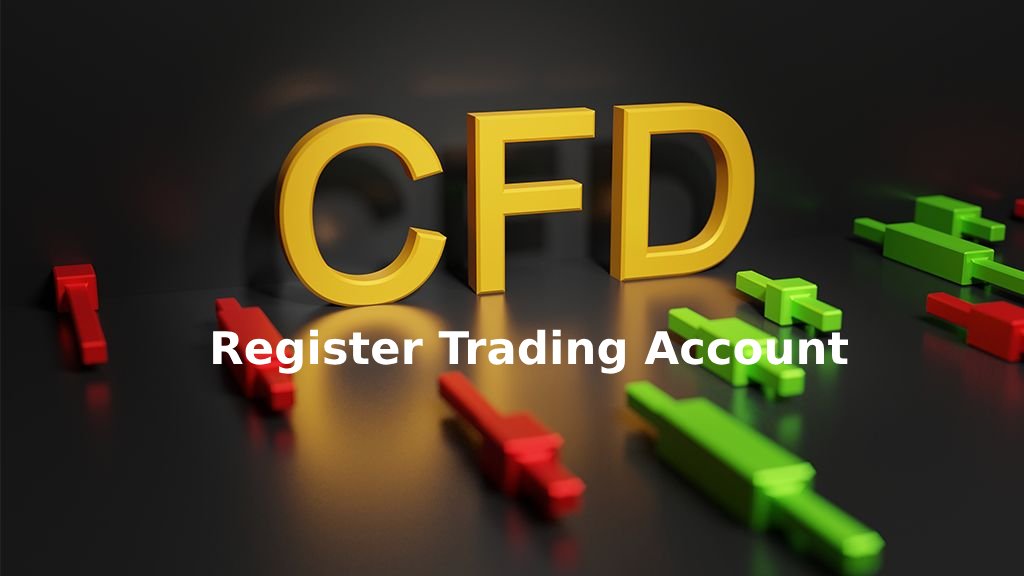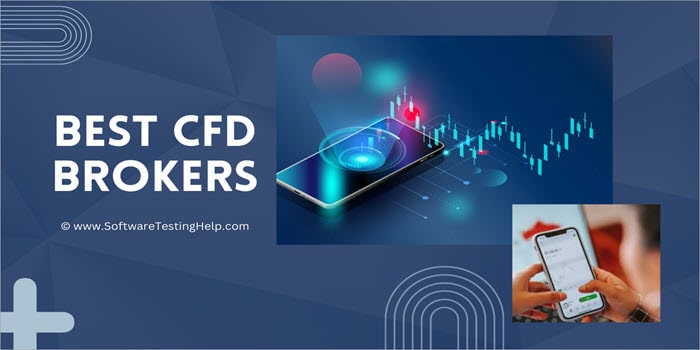
Finding the Best CFD Brokers for Your Trading Journey
When it comes to trading contracts for difference (CFDs), selecting the right broker is crucial for your success. The best CFD brokers can provide you with a robust trading platform, responsive customer service, and a wide range of trading instruments. In this article, we will explore the essential features of the best cfd brokers top CFD brokers, how to choose the best one for your needs, and tips for maximizing your trading potential.
What are CFD Brokers?
CFD brokers are financial institutions that allow traders to speculate on the price movements of various assets without actually owning the underlying asset. This means you can trade everything from stocks and commodities to cryptocurrencies and forex pairs through Contracts for Difference (CFDs). The primary advantage of CFD trading is the ability to leverage your capital, potentially leading to higher profits. However, it also comes with increased risk.
Key Features of the Best CFD Brokers
When searching for the best CFD brokers, you should consider several key features that can enhance your trading experience. Below are some of the most important factors to evaluate:
1. Regulatory Compliance
A well-regulated broker is essential for ensuring the safety of your funds. Look for brokers that are regulated by reputable authorities like the Financial Conduct Authority (FCA) in the UK, the Australian Securities and Investments Commission (ASIC), or the Cyprus Securities and Exchange Commission (CySEC). Regulatory oversight means that brokers are required to adhere to strict guidelines intended to protect traders.
2. Trading Platform
The trading platform is the primary tool for executing trades and analyzing financial markets. The best brokers offer user-friendly platforms equipped with essential features like advanced charting tools, technical indicators, and customizable interfaces. Popular platforms include MetaTrader 4 (MT4), MetaTrader 5 (MT5), and proprietary platforms developed by the brokers themselves.
3. Range of Assets
A diverse range of trading instruments allows you to capitalize on various market opportunities. The best CFD brokers provide access to a wide selection of assets, including commodities, indices, stocks, and forex pairs. Check whether the broker offers the markets you are interested in trading.

4. Leverage Options
CFDs allow traders to use leverage, which can amplify profits but also increase risk. Different brokers offer varying levels of leverage, so it’s important to consider your risk tolerance and trading strategy. While higher leverage can lead to larger profits, it can also result in significant losses. Make sure to understand the leverage policies before opening an account.
5. Spreads and Fees
The cost of trading can vary significantly between brokers. Most brokers charge a spread, which is the difference between the buying and selling price of an asset. It’s crucial to compare the spreads and other fees associated with trades, withdrawals, and account management to ensure you are getting a competitive deal.
6. Customer Support
Reliable customer support is vital for resolving issues that may arise while trading. The best CFD brokers offer multiple channels of support, including live chat, email, and phone support. Additionally, consider the availability of customer support in your preferred language and time zone.
7. Educational Resources
Education is key to successful trading. Many top CFD brokers provide a range of educational resources, including webinars, tutorials, and articles on trading strategies. These resources can help you enhance your trading skills and understand the markets better.
How to Choose the Right CFD Broker
Choosing the right CFD broker involves evaluating your personal trading needs and preferences. Here are some steps to help you make an informed choice:
- Determine Your Trading Style: Are you a day trader, swing trader, or long-term investor? Your trading style will influence the type of broker you need and the features that are most important to you.
- Do Your Research: Read reviews and comparisons of different brokers. Look for information on their performance, customer satisfaction, and reliability.
- Open a Demo Account: Many brokers offer demo accounts that allow you to practice trading with virtual funds. This is a great way to test the platform and see if it meets your needs before committing real money.
- Check for Bonuses and Promotions: Some brokers offer attractive bonuses for new traders. While these can provide a great start, be sure to read the terms and conditions attached to these offers.
- Evaluate Your Risk Management Options: Make sure the broker provides tools for managing risk, such as stop-loss orders and negative balance protection. This can help you mitigate losses in highly volatile markets.
Conclusion
Selecting the best CFD broker is a critical step for any trader looking to make the most of their trading journey. Consider factors such as regulatory compliance, trading platforms, asset range, and customer support when making your decision. By taking the time to research and evaluate your options, you can choose a broker that aligns with your trading strategies and helps you achieve your financial goals. Happy trading!